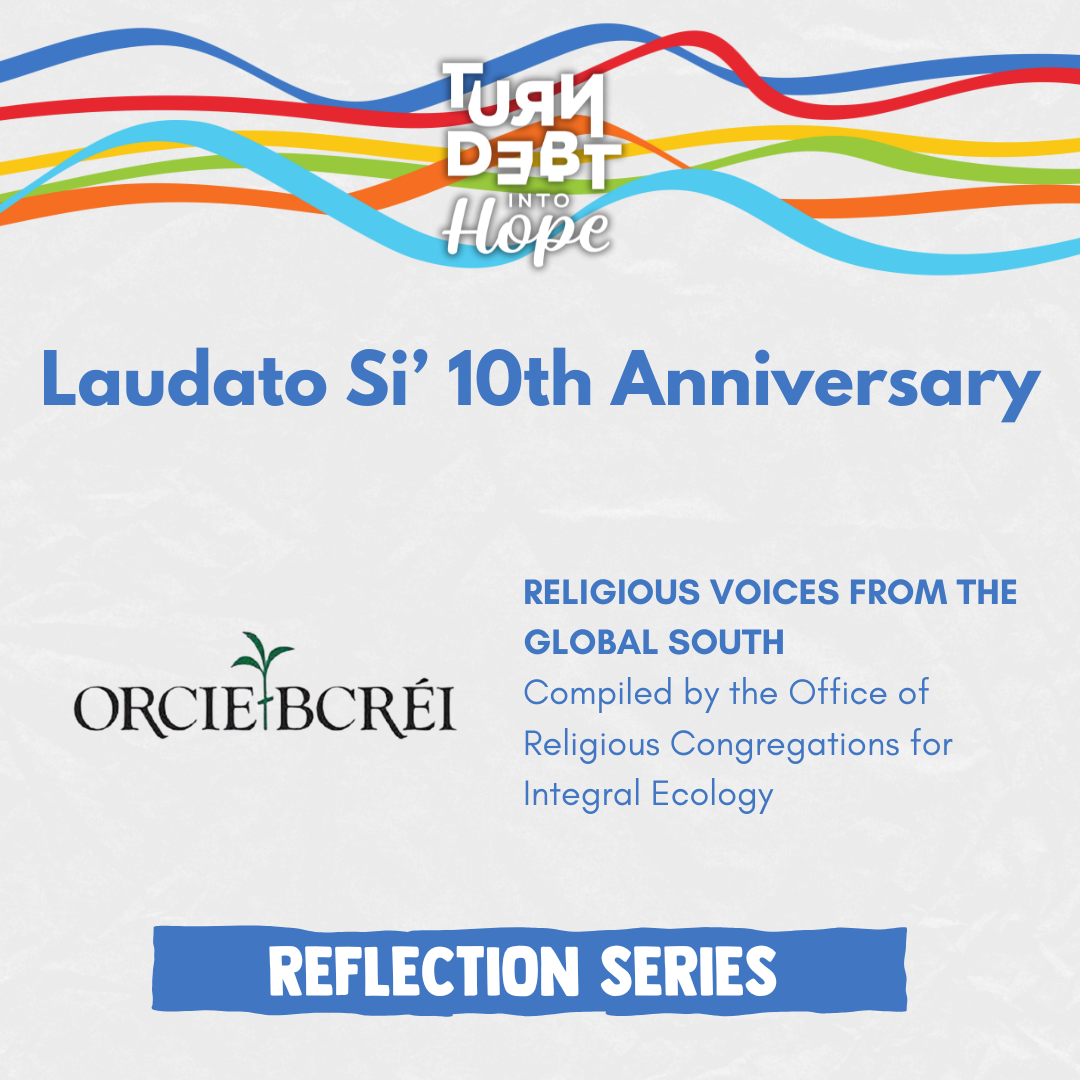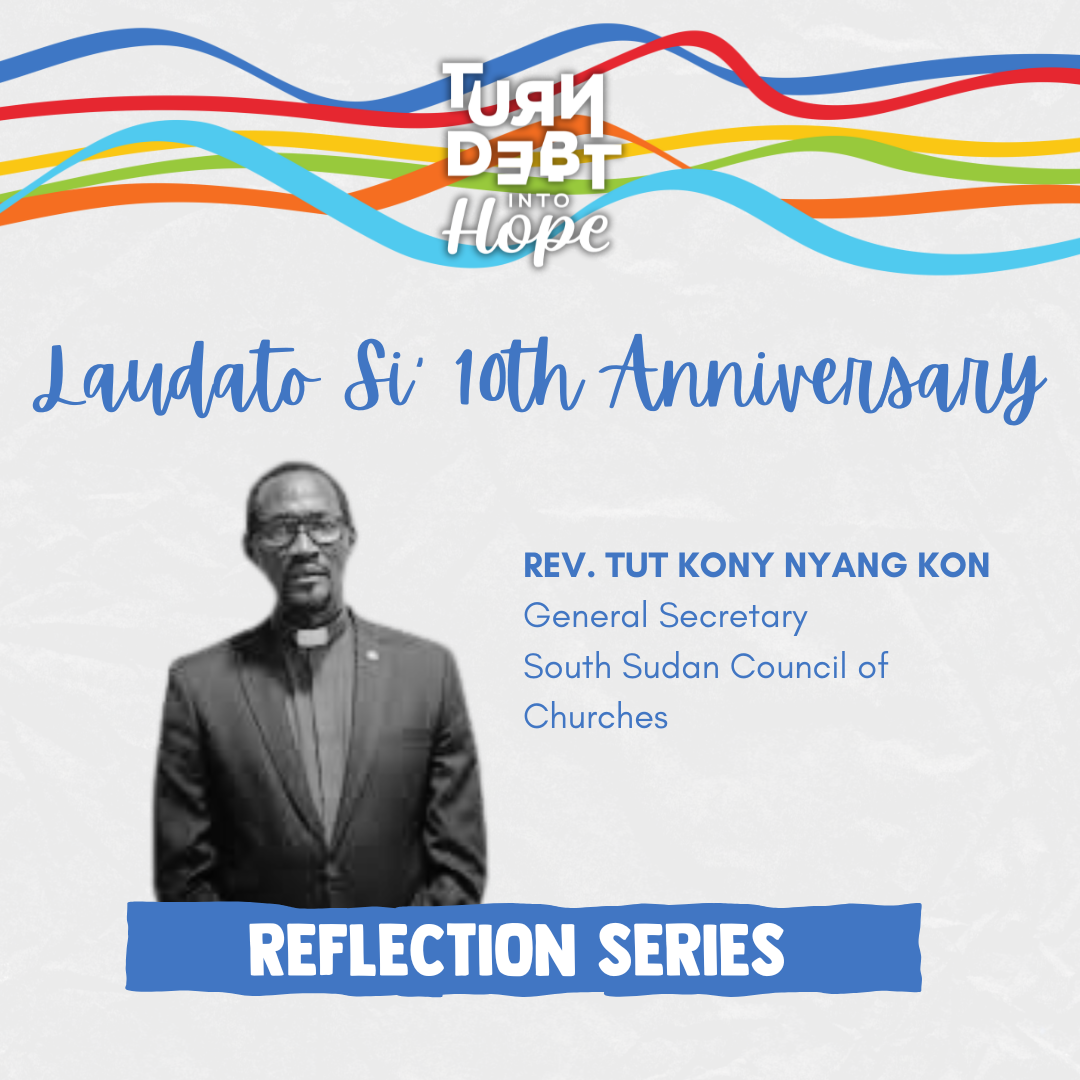Who is the Government of Canada Listening To?
 A slew of new legislation that undermines both Indigenous rights and environmental protection in Canada points to the fact that the petroleum and pipeline industries have significant influence on the Government of Canada’s legislative agenda. A December 12, 2011 letter addressed to Environment Minister Peter Kent and Natural Resources Minister Joe Oliver from a group called the Energy Framework Initiative asks for many of the legislative changes introduced by the government in recent months. The letter is signed by the Presidents of the Canadian Association of Petroleum Producers (CAPP) and the Canadian Energy Pipeline Association (CEPA) along with two other petroleum industry bodies. The changes called for in the letter are included in Bills C-38, C-45, C-27, S-2, S-6, S-8, C-428, S-207, S-212 and the proposed First Nations Private Property Ownership Act.
A slew of new legislation that undermines both Indigenous rights and environmental protection in Canada points to the fact that the petroleum and pipeline industries have significant influence on the Government of Canada’s legislative agenda. A December 12, 2011 letter addressed to Environment Minister Peter Kent and Natural Resources Minister Joe Oliver from a group called the Energy Framework Initiative asks for many of the legislative changes introduced by the government in recent months. The letter is signed by the Presidents of the Canadian Association of Petroleum Producers (CAPP) and the Canadian Energy Pipeline Association (CEPA) along with two other petroleum industry bodies. The changes called for in the letter are included in Bills C-38, C-45, C-27, S-2, S-6, S-8, C-428, S-207, S-212 and the proposed First Nations Private Property Ownership Act.
The Idle No More grassroots movement has brought much needed attention to these changes (in particular Bill C-45), emphasizing that they pose significant concerns in the areas of Indigenous rights and environmental protection. For example, some of the many changes include permitting serious harm to fish habitat without protecting Aboriginal commercial fisheries; removing particular components (such as water, fish or birds) from the definition of “environment” and significantly shortening the time allowed for assessments of resource projects; removing protections for endangered species as well as thousands of lakes and millions of rivers; infringing on self-government rights; and facilitating the privatization of reserve lands. The following Acts have been particularly impacted: the Fisheries Act, the Environmental Assessment Act, the Navigable Waters Protection Act, and the Species at Risk Act and the Indian Act.
It is important to note that the letter mentioned above was only one part of an intensive and ongoing lobbying process. Between September 1st 2011 and September 1st 2012, the CAPP held 326 meetings with MPs, bureaucrats and ministers including 14 with cabinet members where they specifically called for changes to the Fisheries Act and Species at Risk Act. Over the same period, the CEPA met 126 times with government officials including five times with key ministers to discuss alterations to the same acts as well as changes to the environmental assessment process to facilitate pipeline projects. Other frequent visitors to Parliament Hill included TransCanada PipeLines (117 visits), Imperial Oil (59 visits), Suncor (90 visits) and Enbridge (73 visits).
All the changes were made without consulting Indigenous peoples whose traditional lands, waters and livelihoods will be among those most affected. In fact the failure to consult violates section 35 of the Constitution Act,1982 which obliges the federal government to consult with Aboriginal peoples when their rights are at stake. Numerous court decisions have reaffirmed the constitutional provisions protecting the rights of Aboriginal peoples to be consulted before laws are changed. Moreover Article 19 of the United Nations Declaration on the Rights of Indigenous Peoples (the Declaration) obliges the government to obtain the free, prior and informed consent of Indigenous peoples before adopting or implementing legislation that may affect their rights. Canada endorsed the Declaration in 2010 after Indigenous peoples and civil society groups in Canada, including KAIROS, called on the government to do so.
In a recent statement by the Assembly of First Nations, National Chief Atleo said: “First Nations must be consulted before the government makes sweeping changes that will impact First Nations lands and resources. It is the responsibility of the Crown to consult and accommodate each First Nation whose rights may be affected by Bill C-45, and it is the choice of each First Nation to grant or withhold its free, prior and informed consent before the Government makes any decision impacting rights. Across the country, First Nations have expressed their dismay that the Government has not taken its duty to consult seriously.”
One way this dismay has been expressed is the legal challenge launched before the Federal Court by the Mikisew Cree First Nation and the Frog Lake First Nation. They are asking for a judicial review of parts of the two omnibus bills, especially the changes to the Fisheries Act and the Navigable Waters Act. In launching the appeal, Chief Steve Courtoreille of the Mikisew Cree said , “[t]his is not just a First Nation issue, it is an issue for all of Canada. It’s not right what they’re doing to this country. It’s going to destroy this country if we allow them.”
The Idle No More movement and Indigenous leadership have been crucial in shining a light on these deeply troubling legislative changes; changes that draw us further away from implementing the Declaration, as well as from the possibility of building a sustainable future. The Idle No More movement is an opportunity for Indigenous and non-Indigenous people to come together in opposition to this destructive path – a path with dire consequences for everyone in Canada.




